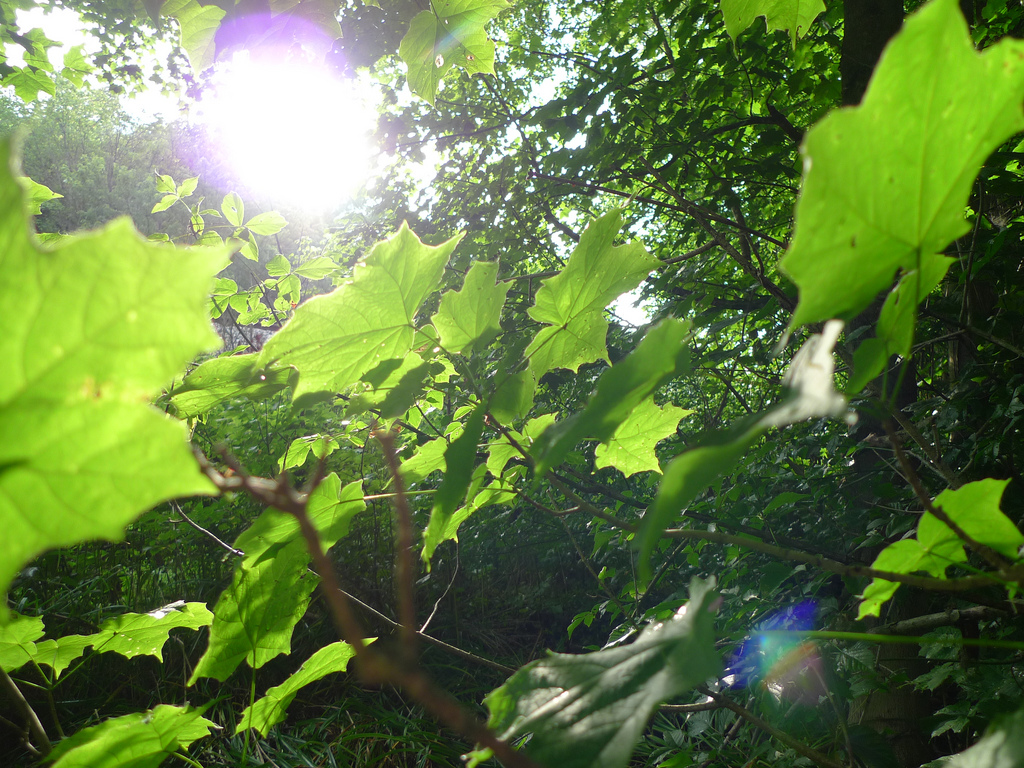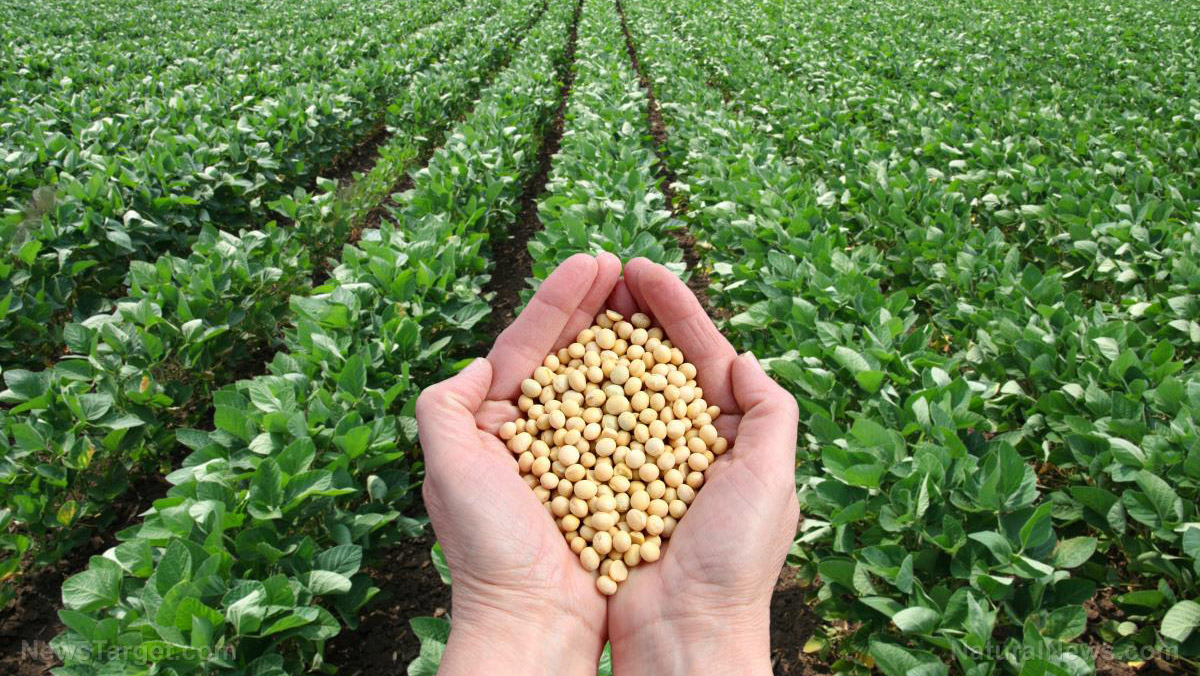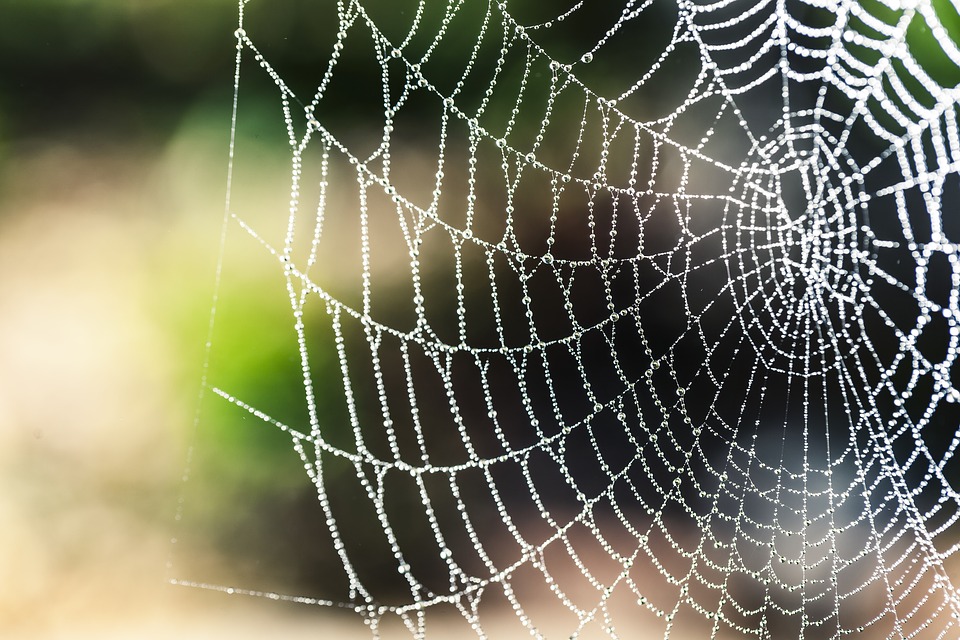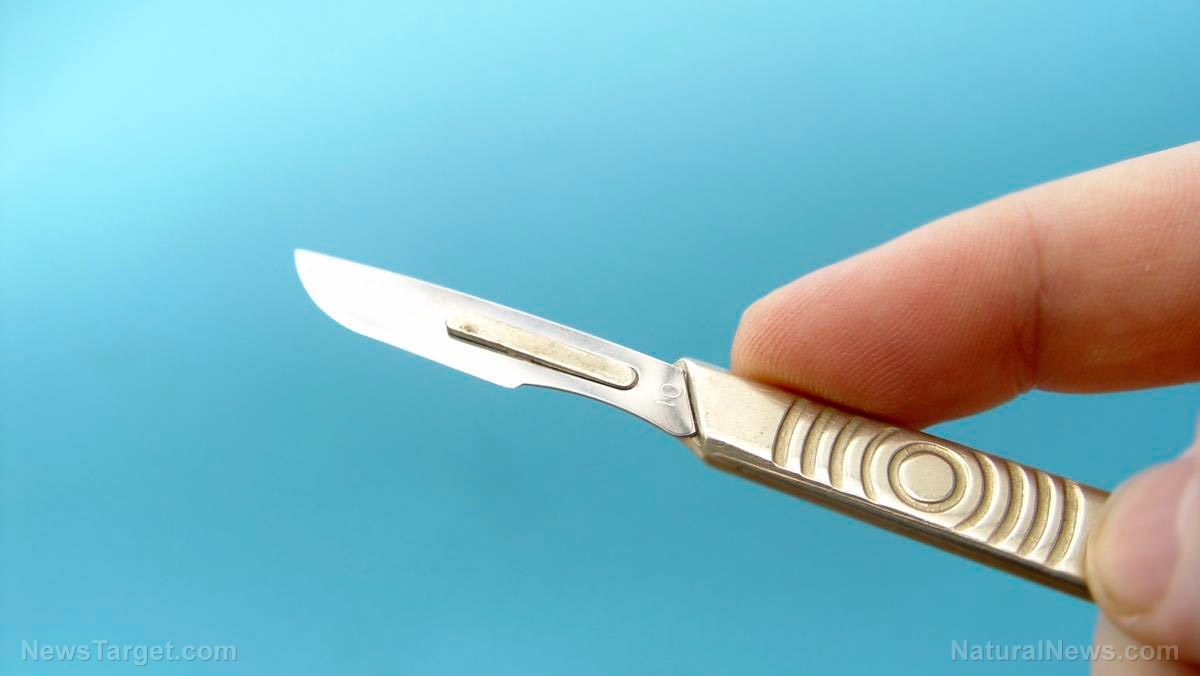Identifying optimal extraction techniques of lycopene from Psidium guajava L. to retain its antioxidant properties
03/28/2018 / By David Williams
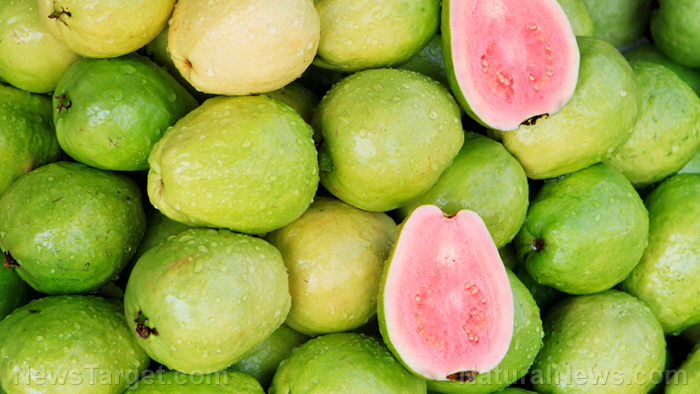
Certain tropical fruits are known to be excellent sources of natural antioxidants, mainly because they have a high content of carotenoid, polyphenol, and vitamin C. Carotenoids in particular, such as lycopene, are highly sought after. In a new study, a team of researchers has now tried to find the optimal extraction techniques of lycopene from Psidium guajava L. (guava). The results of their experiments have been published in the IOSR Journal of Environmental Science, Toxicology and Food Technology.
- Lycopene is a natural pigment that belongs to the carotenoid family and is known to give the color red to a lot of fruits such as guava.
- It is known to be quite an efficient scavengers of free radicals, which in turn makes it a useful and effective antioxidant.
- Although lycopene is well-understood, most of the studies that focus on it are based on lycopene that had been extracted from tomato. Meanwhile, there were relatively fewer studies on it as a guava extract.
- Lycopene is said to be insoluble in water, and two of the main problems that pop up in its extraction and purification are solubility and stability.
- The researchers found that they could achieve optimum extraction through the use of petroleum ether along with guava puree-to-deionized water ratio of 40 percent using 15 milliliters of water.
- Their method was improved after a series of tests and at least four extractions that allowed them to maximize the amount of lycopene recovered and minimize the use of organic solvent at the same time.
- After testing, the researchers were able to determine that lycopene was indeed among the good antioxidants. As for Psidium guajava, the researchers concluded that its widespread use in the food industry is a good thing, as their results show that claims about the health benefits of products derived from guava are not unfounded.
The researchers have shown that the conventional wisdom about tropical pink guavas – and their supposed health benefits – is indeed correct. They are not just beneficial for one’s own health, they’re highly nutritional as well.
Journal Reference:
Priam F, Marcelin O, Marcus R, Jô L-F, Smith-Ravin EJ. LYCOPENE EXTRACTION FROM PSIDIUM GUAJAVA L. AND EVALUATION OF ITS ANTIOXIDANT PROPERTIES USING A MODIFIED DPPH TEST. IOSR Journal of Environmental Science, Toxicology and Food Technology. April 2017;11(4):67–73. DOI: 10.9790/2402-1104016773
Tagged Under: antioxidants, Guava, healthy foods, lycopene, lycopene extract, tomata, tropical pink guava



